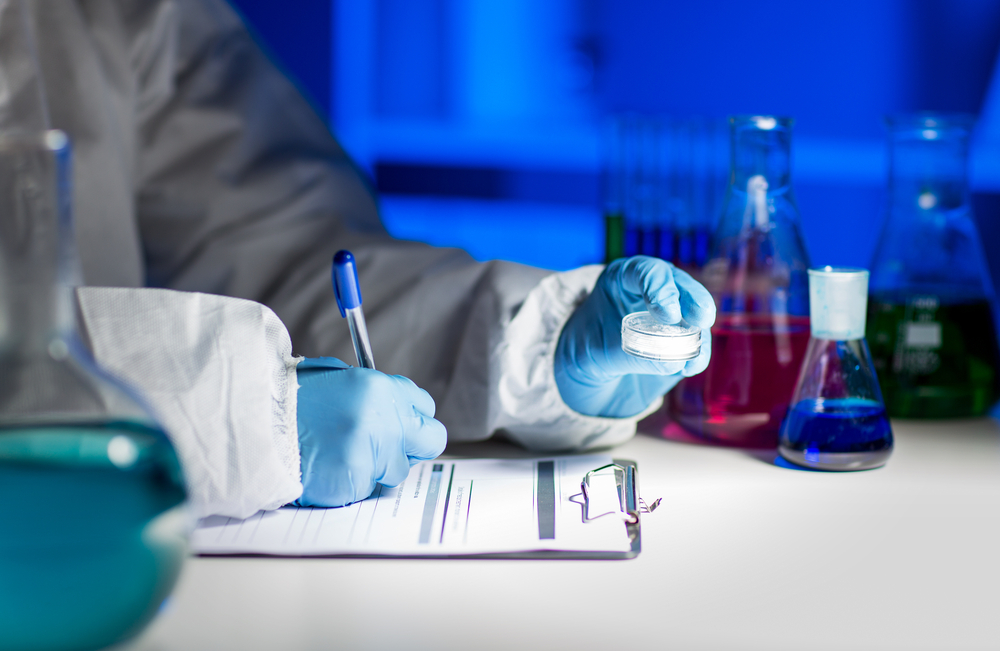The ALS Association Presents At BIO International Convention
Written by |

The ALS Association participated in the annual BIO International Convention, which occured between June 15 and 18 in Philadelphia. Over 15,000 leaders from the pharmaceutical and biotech industries joined the convention which provided the association with crucial opportunities to establish partnerships that may further the development of treatments for amyotrophic lateral sclerosis disease (ALS).
ALS is a progressive neurodegenerative condition that strikes the neurons of the spinal cord and the brain. Those affected by the disease lose the capacity to control their muscles becoming paralyzed and eventually dying within 2-5 years. There is currently no cure for ALS.
The Association delivered presentations and held over 20 meetings with industry partners and individual companies to boost and encourage partnerships so that ALS drug development can grow.
Lucie Bruijn, the Chief Scientist for The ALS Association, presented an overview on the association’s research projects and capacity to fund new treatments, specifically talking about academic-industry partnerships and their program to advance drugs, a crucial project that allowed the development of the antisense technology for ALS (the 1st neurodegenerative disorder to benefit from this technology). Furthermore, Dr. Bruijn highlighted that this program was mostly funded by the 2014 ALS Ice Bucket Challenge.
“Our approach is to catalyze treatment development through bringing together the best researchers with the companies that can accelerate the search for new therapies. We will be continuing that work at the BIO meeting,” Dr. Bruijn explained.
Steve Gibson, Public Policy Officer for The ALS Association, talked about the association’s commitment to develop patient-focused drugs and to give patients an active role during drug development. Gibson said: “This initiative will include the active participation of the entire ALS community. Other ALS organizations are involved along with industry, clinicians and researchers, NIH and, most importantly, people with ALS and their families. The goals are to make the drug development process, including clinical trials, more efficient, more predictable, faster, and more effective at assessing efficacy much earlier. This will speed access, reduce costs, help ensure resources are most effectively utilized and incentivize industry to enter the ALS market and develop new treatments for ALS.”





